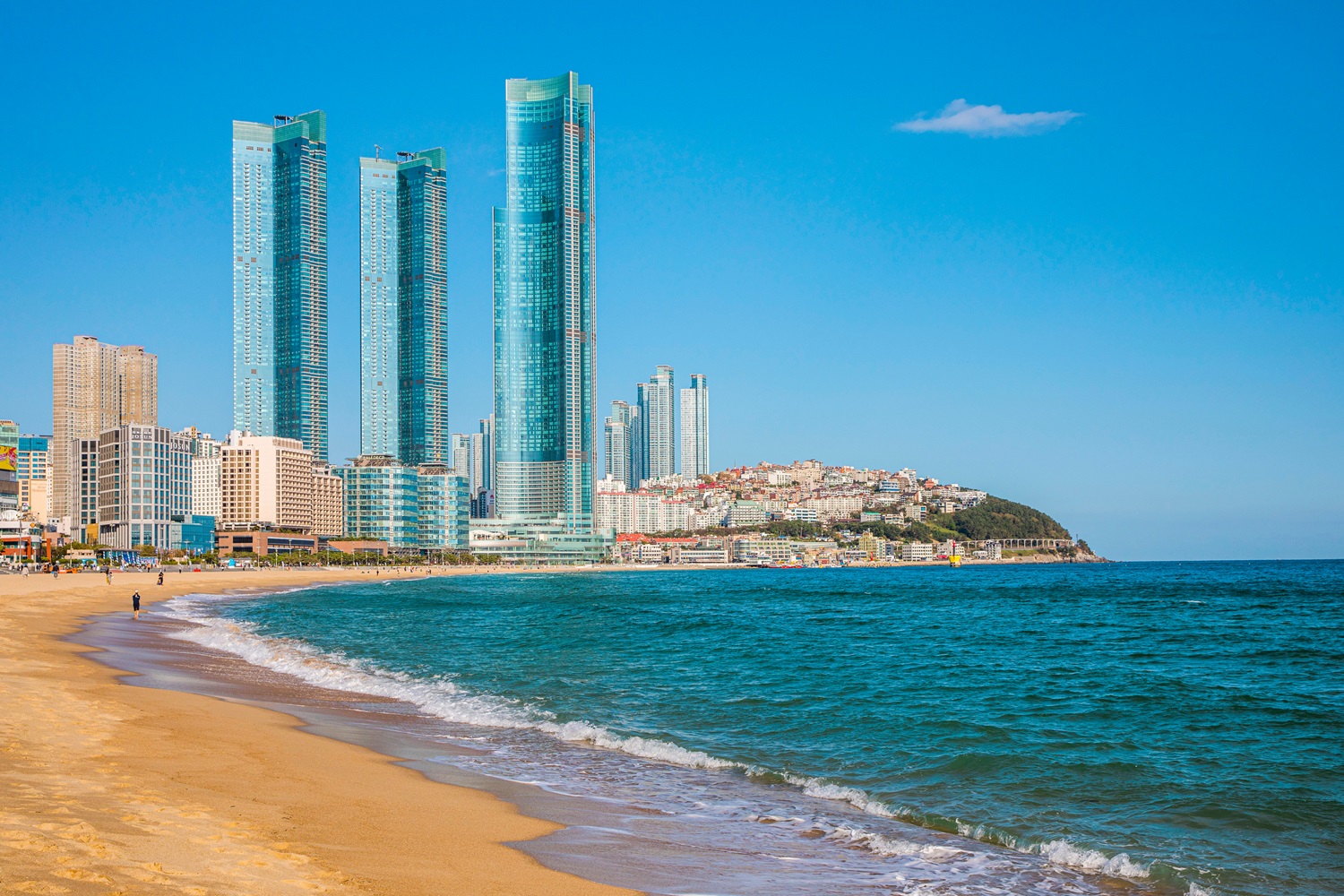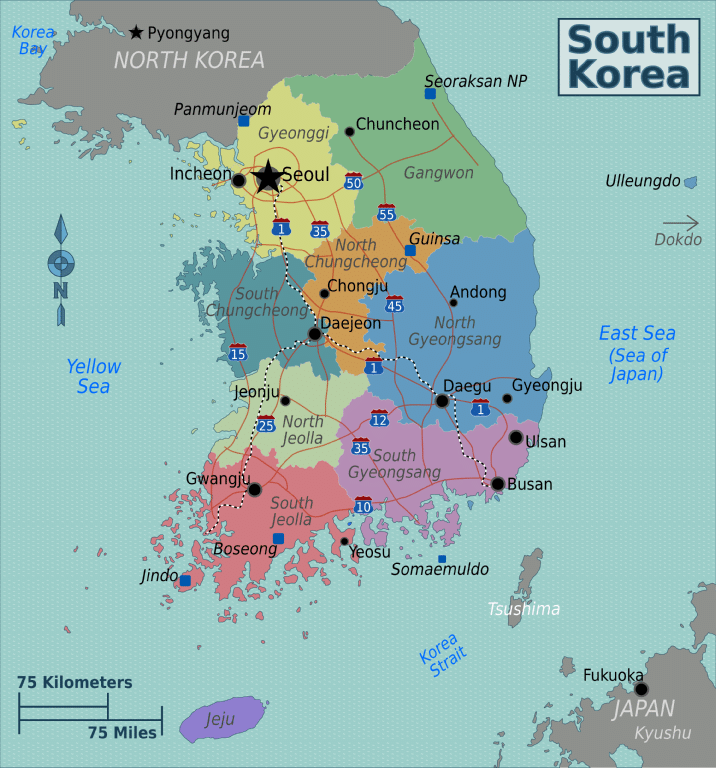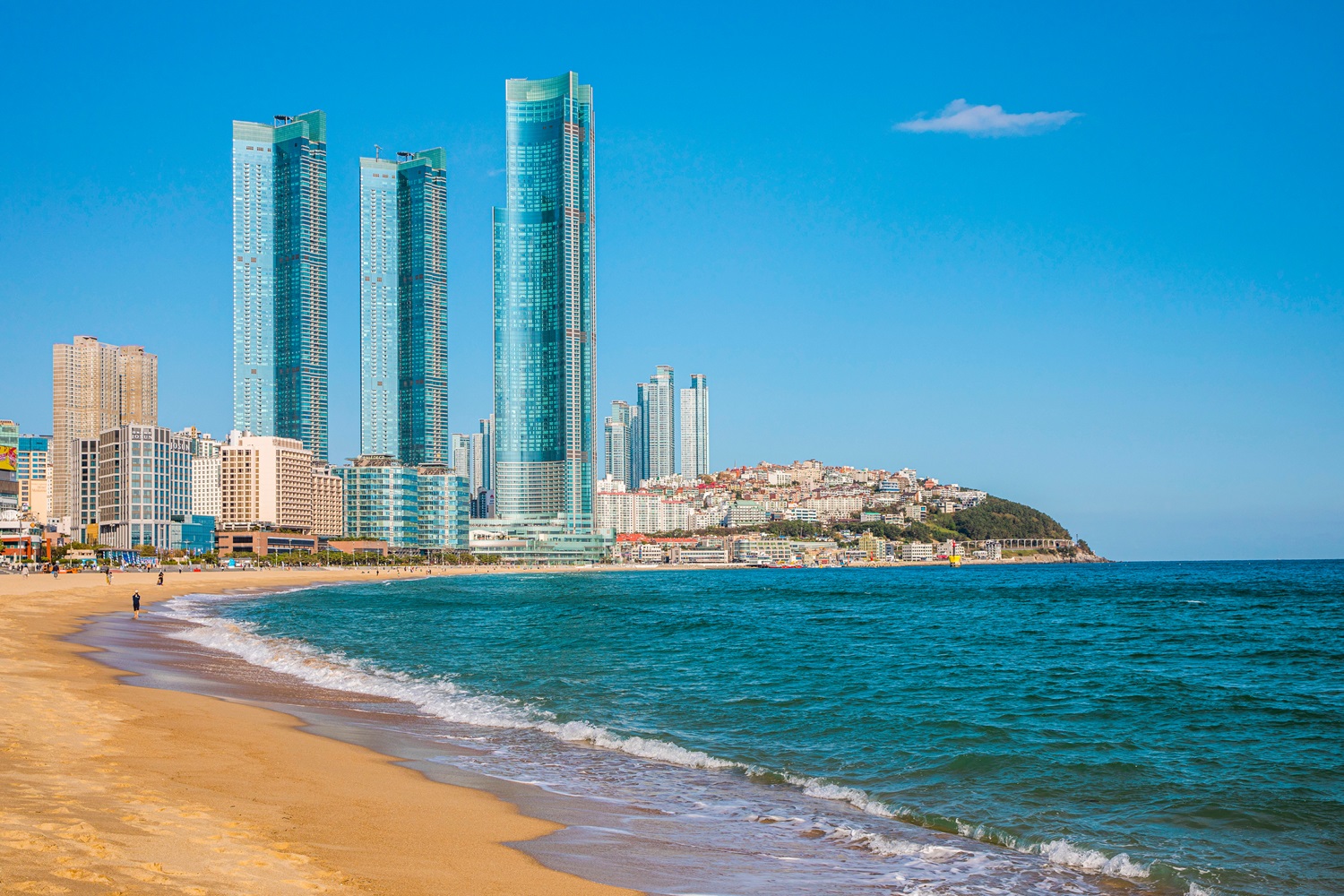South Korean City Busan Names Digital Exchange Preferred Bidder


The South Korean city of Busan is edging closer to the launch of a long-awaited blockchain-powered digital assets trading platform, and has named a preferred bidder.
The city has previously pledged to launch the world’s first city government-run exchange before the end of 2023.
This ambitious timeline looks set to expire. But the city has moved a step closer to launch by naming a preferred bidder in an operating tender.
The city named a consortium of small- and medium-sized firms named the Busan BDX Consortium.
The consortium comprises 11 companies. These include IT firms, financial institutions, and other Busan-based businesses.
Per the newspaper Kookje Shinmun, the consortium is led by ITcen, a tech “infrastructure and IT technology” specialist with a market capitalization of around $123 million.
The consortium beat competition including the gaming giant WeMade, the firm behind the WEMIX cryptoasset. The media outlet wrote:
“Although Wemade’s market capitalization is so large that it cannot be compared to ITcen, it is believed that the [controversy] surrounding WEMIX may been a factor.”

Last year, the nation’s five biggest crypto exchanges decided to unanimously delist WEMIX after complaints of irregularities in token circulation data.
However, all but one of the exchanges have since relisted the coin, leading to divisions within the industry.
Other experts believe that the city wanted to work with firms that have a stronger presence in Busan, and understand the complexities of the “local industrial ecosystem.”
The city will now ask the Busan City Council to vote on the launch of the platform.
After this, the consortium will likely sign a business agreement with the city in January.
The exchange operator will reportedly “take full control of operation and ownership, including investment in exchange facility costs.”
The city, meanwhile, will provide administrative and financial support to “ensure the successful operation of the exchange.”
🇰🇷 South Korean Crypto Exchanges Scrap for Survival as Upbit Dominance Wanes
A “tectonic rift” is threatening to separate the South Korean crypto exchange @Official_Upbit from its rivals, as tensions begin to fray between domestic platforms.#CryptoNewshttps://t.co/22cs4kPLe0
— Cryptonews.com (@cryptonews) December 18, 2023
What Will Busan’s Digital Exchange Trade?
The city originally envisaged the exchange as a crypto and securities token offering (STO) trading platform.
However, it has encountered a number of regulatory hurdles that have seen it shelve plans to trade cryptoassets.
The government’s reluctance to legalize STOs – despite its pledges to do so – has frustrated many major domestic firms, who have been anxiously waiting for the green light to launch services.
Instead, the platform will initially handle tokenized commodities such as precious metals.
It will also handle tokenized intellectual property rights and carbon emissions-related tokens and certificates.
City Outlines Long-term Plans
The city said that it plans to “expand the scope of transactions” on the platform “in the long term.” An anonymous industry insider said:
“As we are late to the market, we need to come forward with competitive products. But it is disappointing that the exchange will not be able to trade virtual assets and STO are missing.”
Another expert stated that “exchanges can only survive if they handle large transaction volumes, adding:
“In a situation where private players are booming, [Busan] will fall behind the competition if it fails to build stable technology and come up with attractive products.”




